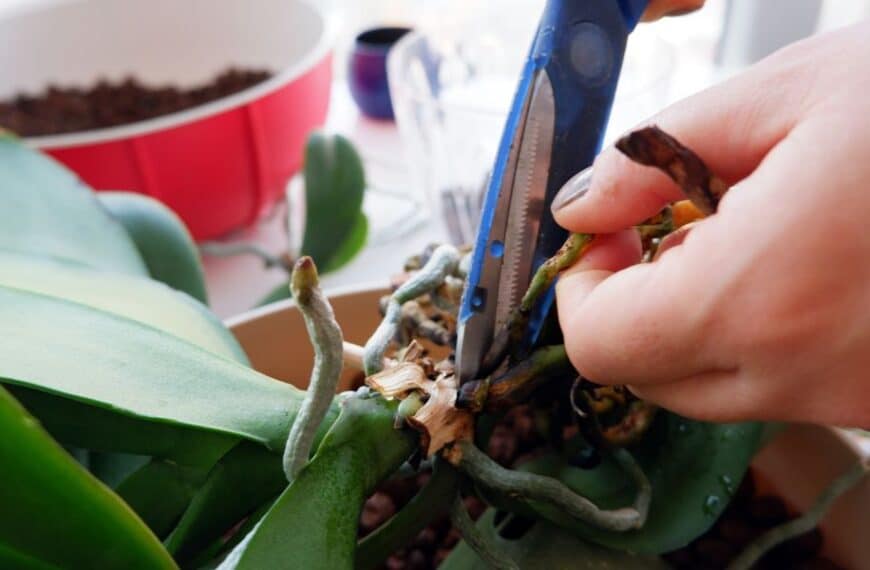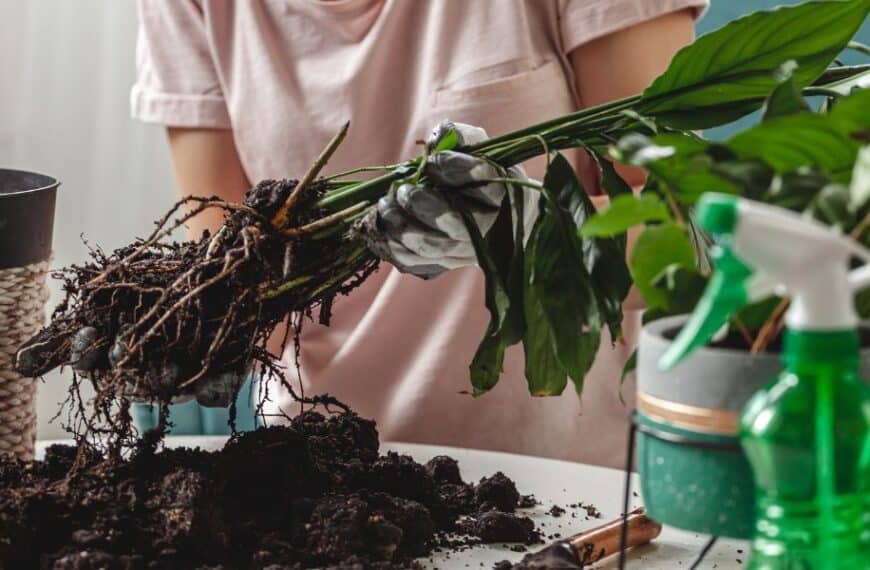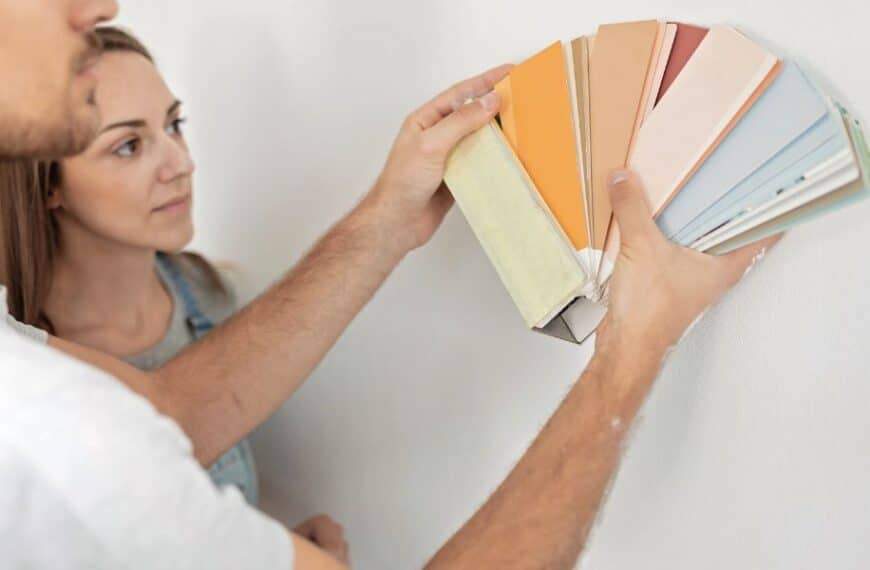Content
Indoor plants are a great way to bring a touch of nature into your home. They not only add aesthetic appeal but also help in purifying the air.
However, these green companions often attract unwanted guests – insects. These tiny invaders can wreak havoc on your beloved plants, causing damage and even death.
But before you reach for that chemical-laden insecticide, consider using natural pest control methods. Not only are they safer for your plants, but they’re also better for the environment and your health.
Understanding your foe: Common indoor plant pests
Before you can effectively combat an insect invasion, it’s important to know what you’re dealing with.
Some common indoor plant pests include aphids, spider mites, fungus gnats, scale insects, and mealybugs.
Each of these pests presents its own set of challenges and requires a different approach for effective control.
Aphids
Aphids are small, soft-bodied insects that feed on plant sap. They reproduce quickly and can cause significant damage if left unchecked.
Signs of an aphid infestation include yellowing leaves and a sticky substance on the plant or surrounding surfaces.
Spider mites
Spider mites are tiny arachnids that also feed on plant sap. They’re difficult to see with the naked eye, but signs of their presence include speckled or yellowing leaves and fine webbing on the plant.
Arm yourself: Natural pest control methods
Now that you know what you’re up against, it’s time to arm yourself with some natural pest control methods.
These methods are safe, effective, and easy to implement in your daily plant care routine.
Neem oil
Neem oil is a natural pesticide derived from the seeds of the neem tree. It’s effective against a wide range of pests, including aphids and spider mites.
Simply mix a few drops of neem oil with water and spray it on your plants.
Soapy water
A simple mixture of dish soap and water can be an effective weapon against many indoor plant pests.
The soap damages the pests’ exoskeletons, causing them to dehydrate and die. Spray the mixture on your plants, making sure to cover all surfaces.
Maintaining a strong defense: Preventive measures
Prevention is always better than cure. By taking some simple preventive measures, you can keep your indoor plants healthy and pest-free.
Regular inspection
Regularly inspect your plants for signs of pests. Look for discolored leaves, sticky substances, or unusual spots.
Early detection can make a big difference in controlling an infestation.
Proper watering
Overwatering can create a damp environment that attracts pests like fungus gnats. Make sure to water your plants properly and allow the soil to dry out between watering.
Quarantine new plants
When you bring a new plant home, keep it separate from your other plants for a few weeks. This will help prevent any potential pests from spreading to your other plants.
By understanding the common pests that plague indoor plants and equipping yourself with natural pest control methods, you can effectively put an end to the insect invasion.
Remember, maintaining a strong defense through regular inspection and proper care is key to keeping your indoor garden healthy and thriving.








